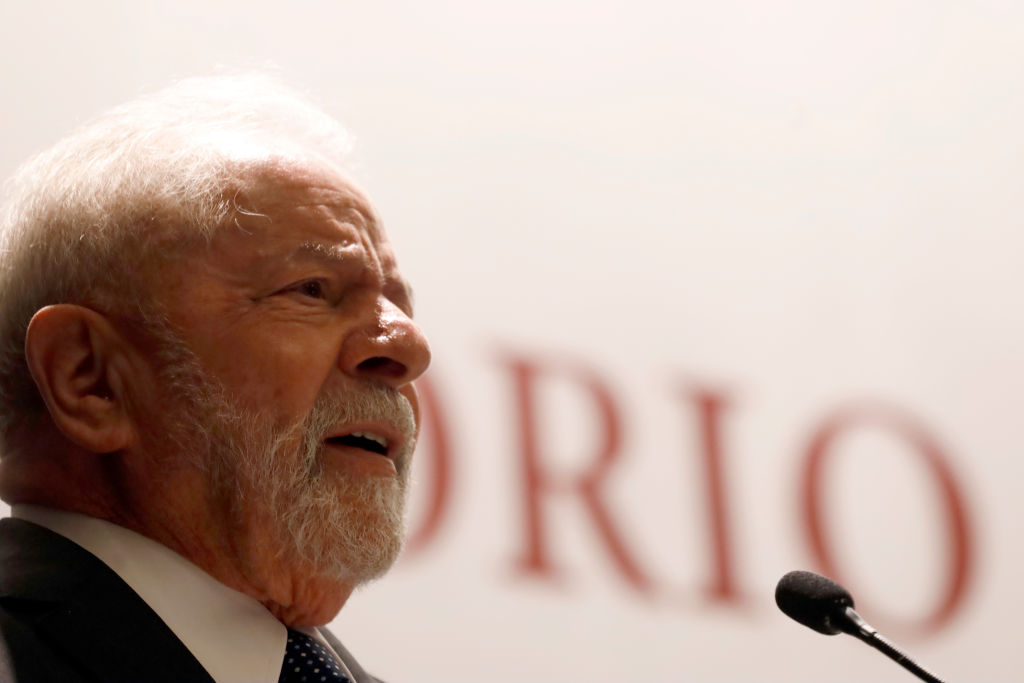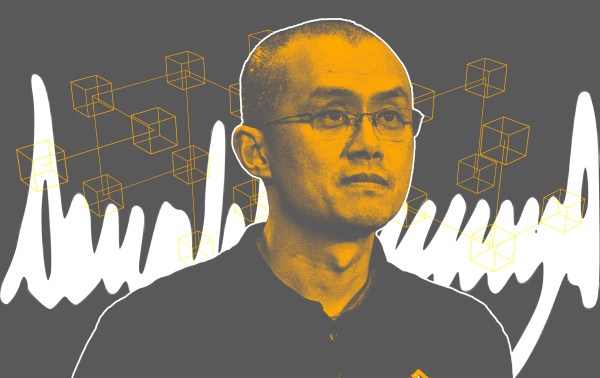Brazil started 2023 with a bang. Seven days after the January 1 inauguration of Luis Inácio Lula da Silva, better known as Lula, to a nonconsecutive third term as president, rioters staged an insurrection that shook the country’s democracy to its core. Supporters of outgoing President Jair Messias Bolsonaro—unwilling to accept that their candidate had lost his re-election bid—descended into Brasília, the country’s capital, storming the Congress and the presidential palace on January 8 to show their discontent with an election that they deemed rigged. Their hope was to trigger a military coup that would ultimately depose Lula and, according to the insurrectionists, restore order to the country and free it from the hands of the left.
Their plan failed. While the move was clearly inspired by the events of January 6, 2021, in the U.S., the Bolsonaristas failed to consider several key differences. Donald Trump was still president when his supporters stormed the U.S. Capitol, but in Brazil Lula was already in office and Bolsonaro was eating fried chicken in Florida. Lula declared federal intervention in Brasília, allowing him to put security in the federal district directly under his purview until January 31. Within hours of the breach, more than 1,000 people had been arrested and jailed, and criminal investigations are underway. Over the next several months, the Brazilian judiciary will attempt to determine how the insurrection was orchestrated, why the police did so little to stop the violence and destruction, and what role Bolsonaro played in inciting the protests.
This is an inauspicious start for Lula, who won with 51% of the popular vote and faces a deeply divided populace. He will also contend with a fiscal crunch and an unpredictable Congress. But most problematic is that Lula mainly ran in opposition to Bolsonaro and has failed to articulate a positive vision for the country and its people.
A Divided Country
Polarization is at its highest in Brazil: Recent data from Ipsos shows that 3 in 10 Brazilians believe it’s not worth talking to someone with a different political vision, putting Brazil at a higher “radicalism index” than countries like Turkey, Hungary, Russia, and the United States. Democracy and democratic processes—elections are the most noteworthy example—are seen by many as insufficient and illegitimate means for engaging in political life. At the same time that polarization is high, trust is low. According to a poll by Latinobarometro, 63 percent of Brazilians say they have low trust in people of their own communities. This lack of trust is both a culprit and a victim of division, where disagreements have moved beyond matters of policy and have permeated every aspect of Brazilians’’ lives, who see themselves fundamentally differently from others they disagree with. Broken friendships, severed family ties, and a general societal turmoil has been the norm in Brazil since 2018 and shows no sign of letting up. Diverging views on the role of religion in public life and what should be taught in schools are only a couple of examples of issues that right and the left cannot only see eye to eye, let alone engage in productive conversations.
A Fiscal Crunch
Some of the biggest challenges facing the new president include balancing the public accounts in order to get spending under control, fighting inflation, enacting a much-needed tax reform, and managing a growing debt with rising interest rates. When Lula came into office in 2003, he was in the perfect place at the perfect time: a commodities boom—where prices of commodities like oil, and metals, steadily increased thanks to growing demand from emerging market economies like China and India—meant that the economy was poised for major growth. Lula used the boom to fight poverty and inequality in Brazil, thus helping lift millions of Brazilians out of poverty, reduce hunger, and invest in infrastructure. Two decades later, the situation is less rosy: The global economy is much more uncertain now,and commodity prices aren’t certain to rise. This means less money to go around for Lula’s famous direct cash transfer program Bolsa Família.
An Unpredictable Congress
Bolsonaro might have lost the presidency, but his party managed to secure important wins in the October election. Partido Liberal (PL, or Liberal Party) has the largest representation of all parties in the 2023 Congress. Altogether, the Bolsonarista platform has managed to secure 99 seats in the lower House of Congress out of 513 (versus Lula’s Workers’ Party with 68). Partido Liberal holds a similar advantage in the Senate, where 14 out of 81 senators will be affiliated with the PL versus nine for the Workers’ Party. While Lula spent the immediate aftermath of the election securing alliances and building coalitions in hopes of paving the way for his agenda, he’s unlikely to garner the kind of support he had in his previous terms. A strong opposition by way of the “beef, Bible, and bullet” caucuses, which represent the interest of agriculture industry, Christian evangelicals, and the pro-gun rights movements respectively, will also likely stifle Lula’s plans for speedy policymaking.
A Lack of Positive Vision
Given these headwinds, Lula is unlikely to accomplish as much as his previous terms or leave office with the same record-high approval levels that he enjoyed when he last left the presidency in 2010.
Much like the 2020 presidential election in the U.S., the contest was framed as a battle for the future of the country. Many Brazilians, including political moderates, considered the idea of awarding Bolsonaro with a second term in office tantamount to cementing the end of liberalism in their country. Thus, many voted for Lula not for his leftist policies (and certainly not his problematic history of systemic corruption) but to stand against Bolsonaro. Under Lula, Brazil would be able to chalk up the last four years as a blip in an otherwise positive trajectory of progress. Or that’s what many would want to believe.
Yet, the movement created by Bolsonaro won’t go away quietly. How his supporters will engage with the Lula administration is one of the biggest questions for the next four years. Being the anti-Bolsonaro candidate was enough to barely secure Lula a victory. Now that he’s president, Lula’s begun to change; in his victory speech he called for “peace and unity.” But that might still not be enough.
Lula will need to articulate a vision for Brazil that is beyond him, the Workers’ Party, and ultimately Bolsonaro if he hopes to succeed. That vision must recognize and engage with the real and deep differences between those who voted for him and those who chose Bolsonaro and thus see Lula as illegitimate. That’s going to be tough. Lula has already created a record number of ministries to support his unwieldy coalition, and yet hasn’t managed to create a seat for someone who’s seen as a voice in the Evangelical movement, an important nod to conservatives. He also has been unable to fully counter the deep suspicion many hold against him over his leadership of the Workers’ Party during the biggest corruption scandal in Brazilian history. In 2018 Lula was convicted in the Car Wash Operation for crimes of corruption and money laundering, sentenced to 12 years jail, of which he served 580 days after his conviction was overturned by the country’s Supreme Court. Being absolved of his accusations wasn’t enough for him to regain the trust of many Brazilians, especially those friendly to Bolsonaro.
In his victory speech, Lula also said it was time to “extend a hand to our adversaries, debate, build bridges.” He will need to move beyond platitudes if he really wants to make that happen. Given how divided and mistrusting the populace is, it’s not entirely clear what any unifying positive vision would look like at this point, which may lead Lula to either tack hard to the left or end up as a caretaker president attempting to soothe an aggrieved populace.






Please note that we at The Dispatch hold ourselves, our work, and our commenters to a higher standard than other places on the internet. We welcome comments that foster genuine debate or discussion—including comments critical of us or our work—but responses that include ad hominem attacks on fellow Dispatch members or are intended to stoke fear and anger may be moderated.
With your membership, you only have the ability to comment on The Morning Dispatch articles. Consider upgrading to join the conversation everywhere.